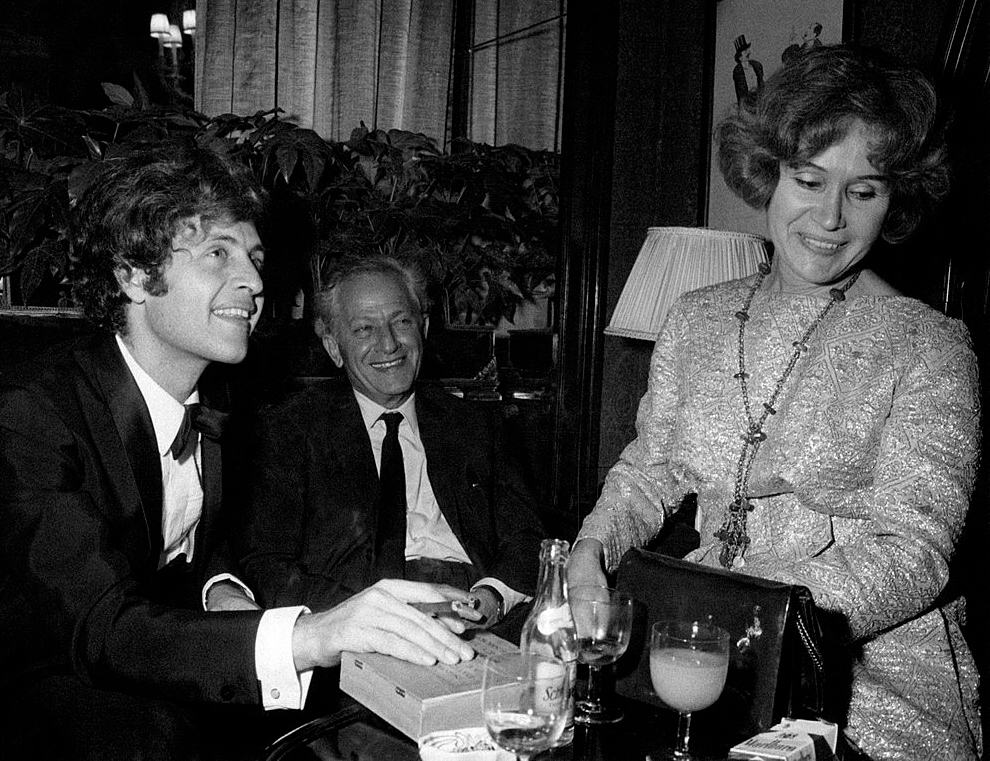|
Blue Country
''Blue Country'' is the 13th French studio album by Joe Dassin. It was issued by CBS Records. The album appeared in 1979 or January 1980. It was the last French album by Joe Dassin released during his lifetime. Performed in collaboration with American singer-songwriter Tony Joe White, ''Blue Country'' received an English-language release, the only one of Dassin's career, entitled ''Home Made Ice Cream (Joe Dassin album), Home Made Ice Cream''. Track listing, part 1 Track listing, part 2 References External links * Guillaume Ibot: "Blue Country" - Mon histoire autour de cet album -> {{Authority control 1979 albums Joe Dassin albums CBS Disques albums Albums produced by Jacques Plait ... [...More Info...] [...Related Items...] OR: [Wikipedia] [Google] [Baidu] |
Joe Dassin
Joseph Ira Dassin (; 5 November 1938 – 20 August 1980) was an American–French singer-songwriter and actor. He was the son of film director Jules Dassin. Early life Dassin was born in New York City to American film director Jules Dassin (1911–2008) and Béatrice Launer (1913–1994), a New York-born violinist, who after graduating from a Hebrew High School in the Bronx studied with the British violinist Harold Berkely at the Juilliard School of Music. His father was of Ukrainian-Jewish and Polish-Jewish extraction, his maternal grandfather was an Austrian-Jewish immigrant, who arrived in New York with his family at age 11. Dassin lived in New York City and Los Angeles until his father fell victim to the Hollywood blacklist in 1950, at which time his family moved to Europe. Between the ages of ten and fifteen Dassin changed schools eleven times. He studied at, among other places, the International School of Geneva and the Institut Le Rosey in Switzerland, and finished his ... [...More Info...] [...Related Items...] OR: [Wikipedia] [Google] [Baidu] |
Chanson
A (, , french: chanson française, link=no, ; ) is generally any lyric-driven French song, though it most often refers to the secular polyphonic French songs of late medieval and Renaissance music. The genre had origins in the monophonic songs of troubadours and trouvères, though the only polyphonic precedents were 16 works by Adam de la Halle and one by Jehan de Lescurel. Not until the '' ars nova'' composer Guillaume de Machaut did any composer write a significant number of polyphonic chansons. A broad term, the word "chanson" literally means "song" in French and can thus less commonly refers to a variety of (usually secular) French genres throughout history. This includes the songs of chansonnier, ''chanson de geste'' and Grand chant; court songs of the late Renaissance and early Baroque music periods, ''air de cour''; popular songs from the 17th to 19th century, ''bergerette'', ''brunette'', ''chanson pour boire'', ''pastourelle'', and vaudeville; art song of the ... [...More Info...] [...Related Items...] OR: [Wikipedia] [Google] [Baidu] |
